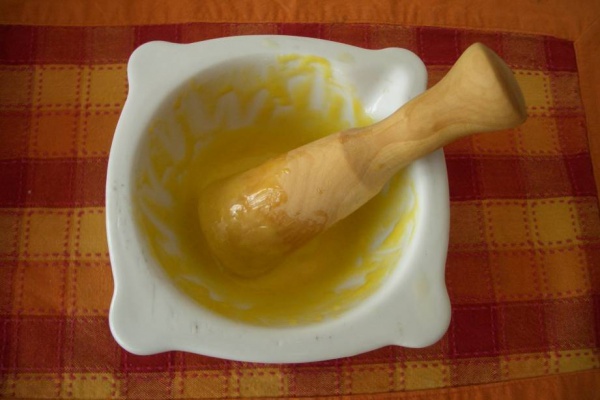Facts About Aioli
Aioli, also known as allioli or aïoli, is a traditional sauce originating from the northwest Mediterranean region, spanning from Valencia to Calabria. The name literally means "garlic and oil" in Catalan/Valencian and Provençal. A cherished condiment in the cuisines of Spain, France, and Italy, it is typically made from garlic, salt, and olive oil. Some variations may also include egg yolks, lemon juice, mustard, or other seasonings.
In Spain, traditionalists insist that authentic aioli should exclude eggs, distinguishing it from mayonnaise. Conversely, in countries like France, eggs are often added to aid in emulsifying the sauce. The classic preparation involves thoroughly crushing garlic and gradually adding oil to create a stable emulsion. Nowadays, in the United States, flavored mayonnaises are sometimes labeled as aioli, but purists argue that real aioli should solely feature garlic and oil without additional seasonings.
The term "aioli" combines the words for "garlic" and "oil." Depending on the region, the sauce may have different spellings and pronunciations, such as "allioli" in Catalan and "alhòli" in Occitan. Traditionally, garlic is crushed and emulsified with salt and olive oil, often using a mortar and pestle.
Aioli pairs wonderfully with a variety of dishes, including seafood, fish soup, boiled vegetables, and meats. In Provençal cuisine, there is even a special dish called grand aioli, which features boiled vegetables, poached fish, snails, canned tuna, and boiled eggs, all served with aioli. This sauce is a staple in Provence, often celebrated in festivals and feast days.
In Spain, allioli complements dishes like arròs a banda, grilled lamb, and vegetables. Unique variations also exist, incorporating ingredients such as quince, pear, beets, and fennel.

 Morocco
Morocco